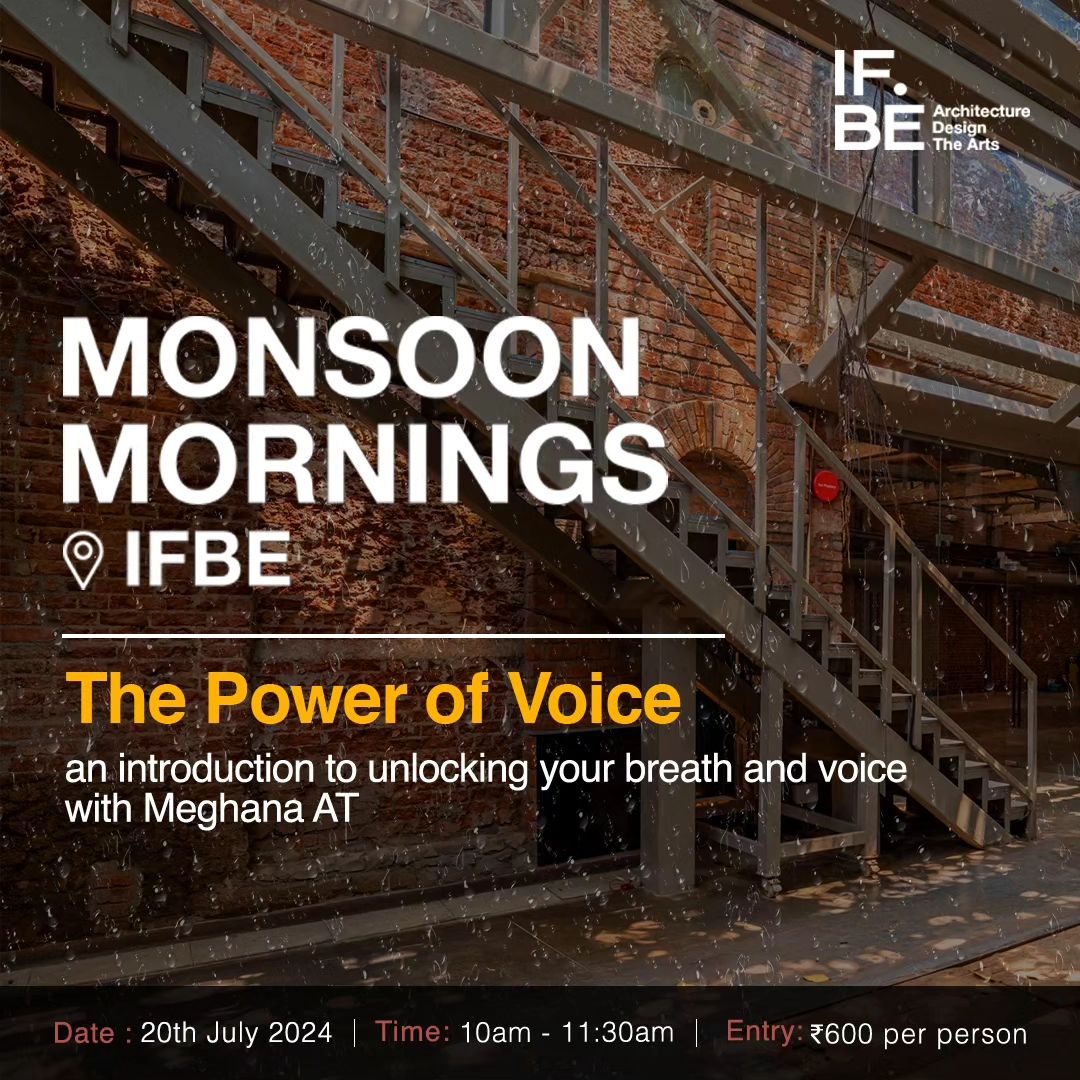
Monsoon Mornings | The Power of Voice
About the event
Do you often look at performers and singers and wonder how they can speak so loudly, sing so clearly, or talk for long durations without losing their breath? Would you like to harness the power of your own voice? In this introductory workshop, Meghana AT will take you through some basic exercises which you can incorporate into your daily routine to improve the quality and take control of your voice.
Duration: 1.5 hours
Date: 20th July
Time: 10:00am – 11:00am
About Meghana
Meghana AT is a theatre artist/addict, who has been exploring multiple roles in the field since 2012. During this period, she worked as an actor, writer, director, producer, production manager, teacher, and dramaturg – with more experiments to come. She has a Master’s in Authorial Creativity and Pedagogy from The Academy of Performing Arts in Prague. She co-founded Tafreehwale, a theatre company engaged in original, political, and playful theatre-making and training.
The shows she currently works on include Plan B/C/D/E, I Killed My Mother/It Wasn’t my Fault, O Gaanewali, Unshared Childhoods, Pink is the New Black, The Apology, and Glitch in the Myth. She is also a faculty member at The Drama School Mumbai.
